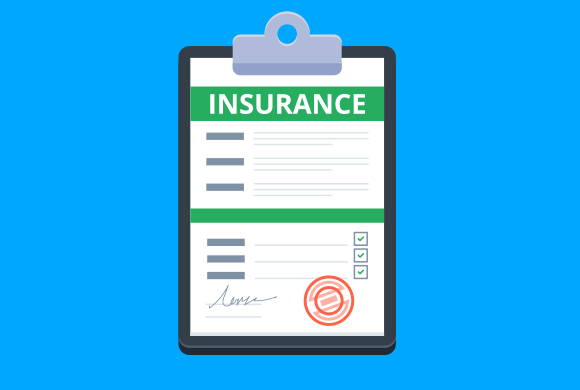Fill Below Form
Call me Back!
Please Enter Your Name
Please Enter Valid Telephone No
Please Enter Your Email


Affording a car has become very easy today thanks to banks and NBFCs that offer car loans. That said, cars are expensive and make for a huge financial investment in one’s life. But if you are lucky enough to tick this goal of your bucket list, you must also ensure you purchase car insurance. While the Motor Vehicle Act of 1988 states that it is mandatory for all vehicle owners to own a third party liability insurance cover, logic dictates that it is better to invest in a comprehensive car insurance policy that offers all-round coverage for your vehicle. Such a policy protects your car against accidents, thefts, natural and manmade calamities and also provides several add-on covers. The return to invoice cover is an effective add-on cover you can get with your new car insurance. Let’s find out what it is.
RTI or return to invoice cover is essentially an additional option provided by your car insurance provider. The add-on option basically covers the gap that exists between the insured declared value of your car and its invoice value. If you opt for RTI cover with your car insurance, you can recover the entire cost of the vehicle including the on-road taxes paid towards it, in case your vehicle is lost, stolen or damaged beyond repair.
Knowing that your vehicle is insured, you can drive around with a peace of mind, without being trapped in the constant fear that you will have to incur considerable costs in case of any damage to your car.
Unlike the tax benefits associated with other insurance policies, there is a catch involved when it comes to claiming tax benefits for a motor insurance policy. You are eligible to claim a tax deduction only when the vehicle is being used for commercial or business purpose. If the vehicle is being used for personal purpose, you will not be eligible to claim a tax deduction. While claiming the tax deduction when the car is being used for business purpose, one has to justify that there is no personal use involved in the same. Another essential point to be noted is that when a vehicle is being used partly for personal use and partially for commercial use, then the tax deduction can be claimed in proportion to the time for which the vehicle is being used for business purpose. To illustrate, if a vehicle is being used for 10 hours in total where 5 hours is for personal use and 5 hours is for business use, then the insured can claim the tax deduction for the 5 hours for which the vehicle has been used for a business purpose.
To claim the tax deduction, the insured must maintain all the documents such as fuel receipts, invoices for expenses for the car and premium receipts carefully.
Conclusion
You may be investing a lot of time and research to decide which vehicle you want to buy. But it is equally essential to ensure that you also procure the right auto insurance policy as that is going to be a real life-saver in various situations. That is why, you may want to cosider an Car insurance policy from Liberty General Insurance.
Liberty Mutual Insurance Group Announces
New Joint Venture Partnership for Indian
Company
Chances are that you are among a large number of people who forget to renew their vehicle insurance ....
Registration Number: 150 | ARN:Advt/2018/March/26 | CIN: U66000MH2010PLC209656
2019 Liberty General Insurance Ltd.
Reg Office: 10th floor, Tower A, Peninsula Business Park, Ganpat Rao Kadam Marg, Lower Parel, Mumbai - 400013
Trade Logo displayed above belongs to Liberty Mutual and used by the Liberty General Insurance Limited under license. For more details on risk factors, terms & conditions please read sales brochure carefully before concluding a sale.